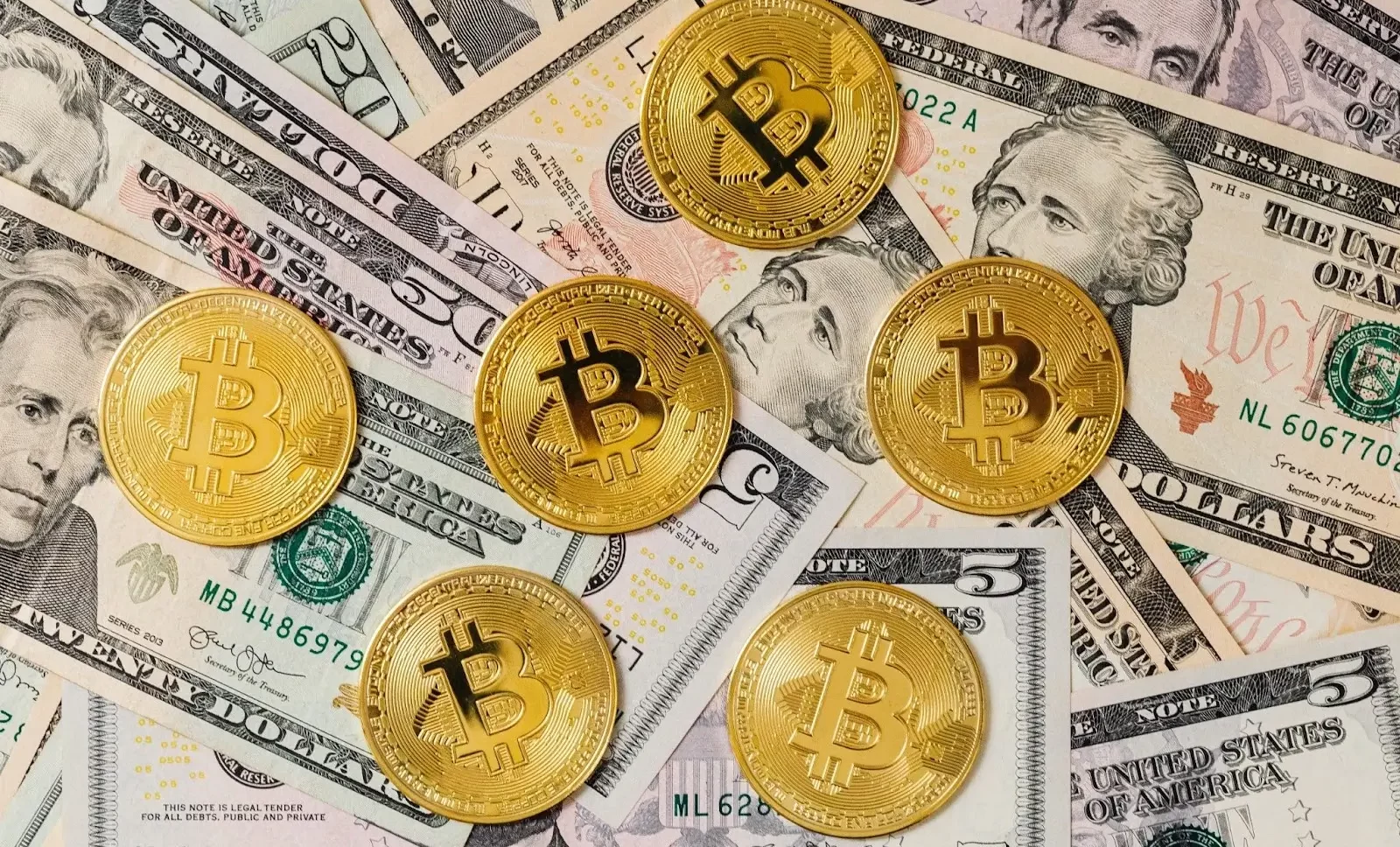Goldman Sachs CEO Stands by Dollar, Labels Bitcoin Speculative
22.01.2025 20:00 1 min. read Alexander Stefanov
Goldman Sachs CEO David Solomon recently shared his views on Bitcoin (BTC) and the state of the U.S. economy during an interview with CNBC in Davos.
Solomon expressed optimism about the economy, noting its resilience as the new administration begins its term.
He emphasized that upcoming government policies will play a key role in shaping interest rates and overall economic trends.
Addressing Bitcoin’s role in the financial system, Solomon dismissed the idea that it poses a threat to the U.S. dollar.
He reaffirmed his confidence in the dollar’s stability and described Bitcoin as a speculative asset, rather than a currency capable of challenging the dominance of traditional fiat systems.
Solomon also hinted at a potential shift in Goldman Sachs’ stance on cryptocurrencies, acknowledging that if regulatory frameworks evolve, the firm might consider exploring Bitcoin and Ethereum markets.
While Solomon has been a vocal critic of Bitcoin in the past, his comments suggest a cautious openness to adapting as the regulatory landscape changes.
-
1
Metaplanet Now Holds 13,350 BTC Worth $1.4 Billion
30.06.2025 10:27 1 min. read -
2
Bitcoin Whales Accumulate as Long-Term Holders Hit All-Time High
03.07.2025 21:00 2 min. read -
3
Arizona Governor Vetoes Bill, Related to State Crypto Reserve Fund: Here Is Why
02.07.2025 16:00 2 min. read -
4
Public Companies Outpace ETFs in Bitcoin Buying: Here is What You Need to Know
02.07.2025 12:30 2 min. read -
5
Crypto Inflows hit $1B Last Week as Ethereum Outshines Bitcoin in Investor Sentiment
07.07.2025 20:30 2 min. read
Corporate Bitcoin Adoption Soars: 125 Public Companies Now Hold BTC
Corporate adoption of Bitcoin is gaining significant momentum, according to Bitwise Asset Management’s latest Q2 2025 report.
Here’s How Bitcoin Reacted to the June PPI Report
Bitcoin showed a brief bullish reaction to the June U.S. Producer Price Index (PPI) release at 12:30 UTC, but the move quickly lost steam as traders digested the broader implications of the data.
Bitcoin ETFs Record $403M Inflows as BlackRock Leads Nine-Day Streak
U.S.-listed spot Bitcoin ETFs continue to post strong inflows, recording their ninth consecutive day of net positive investment activity on Tuesday.
Strategy Claims It Can Weather a Bitcoin Crash to $20K Without Trouble
Chaitanya Jain, Bitcoin strategy manager at Strategy, has pushed back against online speculation that the company’s fate is tightly bound to the price of Bitcoin.
-
1
Metaplanet Now Holds 13,350 BTC Worth $1.4 Billion
30.06.2025 10:27 1 min. read -
2
Bitcoin Whales Accumulate as Long-Term Holders Hit All-Time High
03.07.2025 21:00 2 min. read -
3
Arizona Governor Vetoes Bill, Related to State Crypto Reserve Fund: Here Is Why
02.07.2025 16:00 2 min. read -
4
Public Companies Outpace ETFs in Bitcoin Buying: Here is What You Need to Know
02.07.2025 12:30 2 min. read -
5
Crypto Inflows hit $1B Last Week as Ethereum Outshines Bitcoin in Investor Sentiment
07.07.2025 20:30 2 min. read


